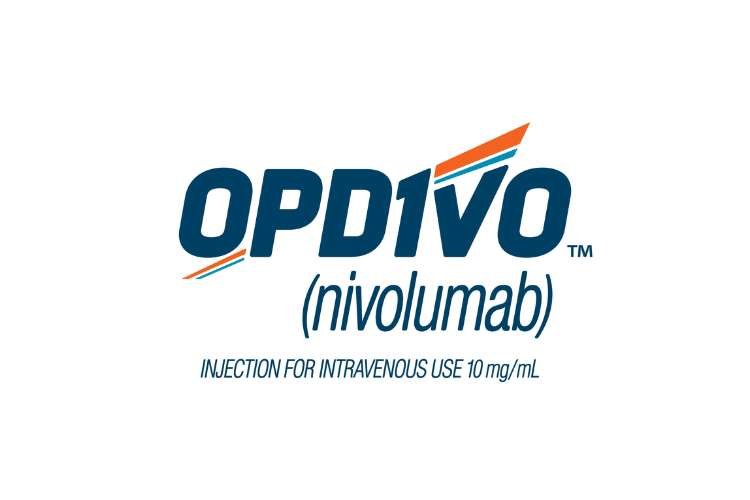Following the discontinuation of an auto-injected version of Opdivo (nivolumab), Bristol Myers Squibb (BMS) has achieved success with a more conventional approach to administer its cancer blockbuster: using a syringe and vial. The phase 3 CheckMate-67T trial, comparing subcutaneous nivolumab to the standard intravenous version for advanced or metastatic clear cell renal cell carcinoma (ccRCC), has met its co-primary endpoints.
In the study, the subcutaneous formulation demonstrated noninferiority concerning two pharmacokinetics markers, successfully meeting both primary goals. Additionally, it matched the objective response rate (ORR) as a secondary endpoint, highlighting its effectiveness in patients with advanced or metastatic ccRCC who have undergone prior systemic therapy. BMS is planning to discuss the next steps with regulators for the approval of subcutaneous nivolumab in “multiple indications.”
Also Read: Bristol Myers Squibb’s Opdivo Gets FDA Approval For Early-Stage Melanoma
Collaborating with Halozyme Therapeutics, BMS employed the Enhanze drug delivery technology to create the subcutaneous version of Opdivo.
This success in CheckMate-67T followed the termination of the study’s testing for a more convenient auto-injected version of Opdivo. According to Samit Hirawat, the company’s chief medical officer, the decision was based on a lack of additional benefits from continuing that program.
The subcutaneous Opdivo version offers the advantage of quicker administration, requiring less than five minutes compared to the 30 to 60 minutes for intravenous delivery. As stated by Gina Fusaro, VP, Global Program Lead, providing this alternative could help BMS extend Opdivo’s patent protection well beyond its current 2028 expiration date. Opdivo recorded $8.25 billion in sales for BMS in 2022, representing a 10% increase from the previous year.
Also Read: Opdivo Plus Chemo Reduces Recurrence Risk In Early-Stage Lung Cancer Surgery
Several other pharmaceutical companies are also working on more convenient delivery options for their PD-1/L1 treatments. For instance, Roche, using Halozyme’s technology, was positioned for FDA approval of its subcutaneous version of Tecentriq but faced delays due to a manufacturing issue. Merck has developed a subcutaneous formulation of Keytruda to address the looming loss of exclusivity for its cancer therapy in 2028.
This achievement marks a successful month for Opdivo, with the FDA recently granting approval for its use in the treatment of earlier-stage melanoma.





























